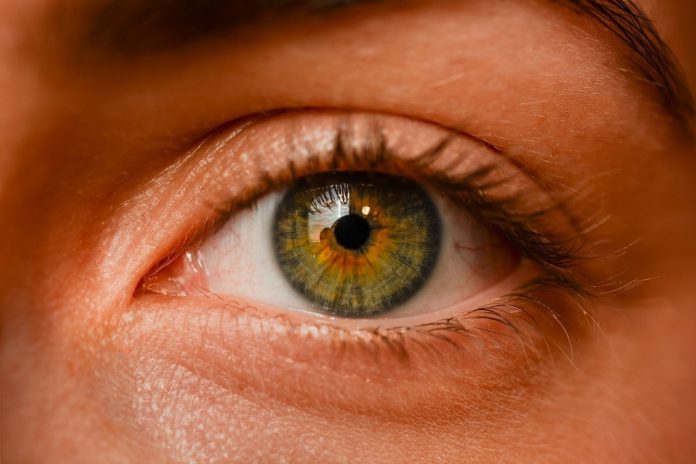- Researchers at the Max Planck Institute of Psychiatry observed pupil dilation in patients performing reward anticipation tasks.
- An MRI scanner helped measure pupil dilation at an extremely high-speed.
- Results showed that the pupil opened less in depressed patients than in healthy controls.
Although the eyes are considered a window into our souls, it seems there’s a lot more they can reveal about the human body. From autism to cancers, doctors have been using the eyes to diagnose multiple diseases over the years. Recently, researchers at the Max Planck Institute of Psychiatry (MPI) discovered a link between depression and pupil dilation.
That black dot in the center of the eye is known as the pupil. Pupils allow light to enter the eye and focus on the retina thus, allowing us to see. Although factors such as light can alter the size of the pupil, emotions and cognition also have an effect. Additionally, anticipation of reward has also shown to result in pupil dilation in humans.
Pupil Dilation in Depression
Anhedonia, defined as a loss of interest in things that previously brought one joy, is a common symptom of Major Depressive Disorder. Researchers argue that due to anhedonia depressed individuals value reward less than healthy individuals. Therefore, to investigate their hypothesis scientists at MPI measured pupil dilation in participants while they completed reward-based tasks. The sample of participants included a healthy control group and a group of unmedicated individuals diagnosed with major depression.
The participants played a simple game involving monetary reward, a common cause of pupil dilation in humans. They completed these tasks from inside the MRI (magnetic resonance imaging) scanner. An MRI-compatible eye tracker then recorded pupil dilation in the participants as they completed these tasks.
No Value Seen in Reward
The researchers published their findings in the journal Brain Sciences. The results showed a reduced pupil dilation in depressed individuals compared to the healthy control group. Furthermore, the more severe the depression, the less the pupils dilated.
We suspect that there is a physiological system behind this that may explain the often reported anhedonia in patients
Victor Spoormaker, study leader
In healthy individuals, the anticipation of a reward leads to upregulation of the arousal mechanism in the brain. However, according to the results of the study, depression may result in a disruption of this process. Thus, resulting in reduced pupil dilation.
This is the first time scientists have found a correlation between reward-associated pupil dilation and depression. Furthermore, tracking pupil responses can serve as a marker for categorizing patients and thus, result in more targeted interventions for major depression.
References:
Max Schneider et al. Pupil Dilation during Reward Anticipation Is Correlated to Depressive Symptom Load in Patients with Major Depressive Disorder, Brain Sciences (2020). DOI: 10.3390/brainsci10120906




